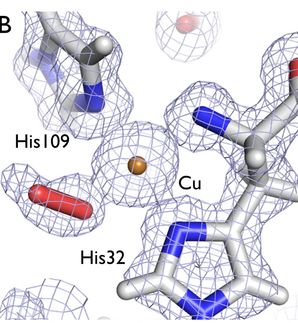New bio-adhesive polymer demonstrated
Advertisement
An article in JoVE, Journal of Visualized Experiments, details the use of a new laser-activated bio-adhesive polymer. The chitosan-based polymer, SurgiLux, was developed by scientists at the University of New South Wales. Chitosan is a polymer derived from chitin, which is found in fungal cell walls or in exoskeletons of crustaceans and insects.This molecular component allows SurgiLux to form low energy bonds between the polymer and the desired tissue when it absorbs light. The technology may soon replace traditional sutures in the clinic.
For thousands of years, clinicians have been using sutures to close open wounds and help repair torn tissues. Dr. L. John Foster from the University of New South Wales explains that, "though sutures have a superior strength to SurgiLux, sutures are physically invasive and do not support tissue regeneration. SurgiLux is a thin film, so you do not end up with any physical invasion or further damage to the tissue, thus allowing more complete healing." This is beneficial when repairing delicate tissues like neurons or blood vessels.
The SurgiLux polymer has two valuable properties: it can achieve a uniform seal when activated by a laser, and has antimicrobial properties attributable to the chitosan base. Together, these features prevent the wound from becoming infected and maintain a barrier between the tissue and its surroundings. A suture would require extensive bandaging to achieve the same results. The polymer is particularly useful for hard-to-operate tissues or organs, such as the eye. "We are exploring ophthalmology as a venue for SurgiLux in human patients. SurgiLux can be readily applied to the eye during surgery, and can seal the cornea in place during keratoplasty when sutures cannot," tells Dr. Foster.
Original publication
Other news from the department science

Get the life science industry in your inbox
By submitting this form you agree that LUMITOS AG will send you the newsletter(s) selected above by email. Your data will not be passed on to third parties. Your data will be stored and processed in accordance with our data protection regulations. LUMITOS may contact you by email for the purpose of advertising or market and opinion surveys. You can revoke your consent at any time without giving reasons to LUMITOS AG, Ernst-Augustin-Str. 2, 12489 Berlin, Germany or by e-mail at revoke@lumitos.com with effect for the future. In addition, each email contains a link to unsubscribe from the corresponding newsletter.




















































